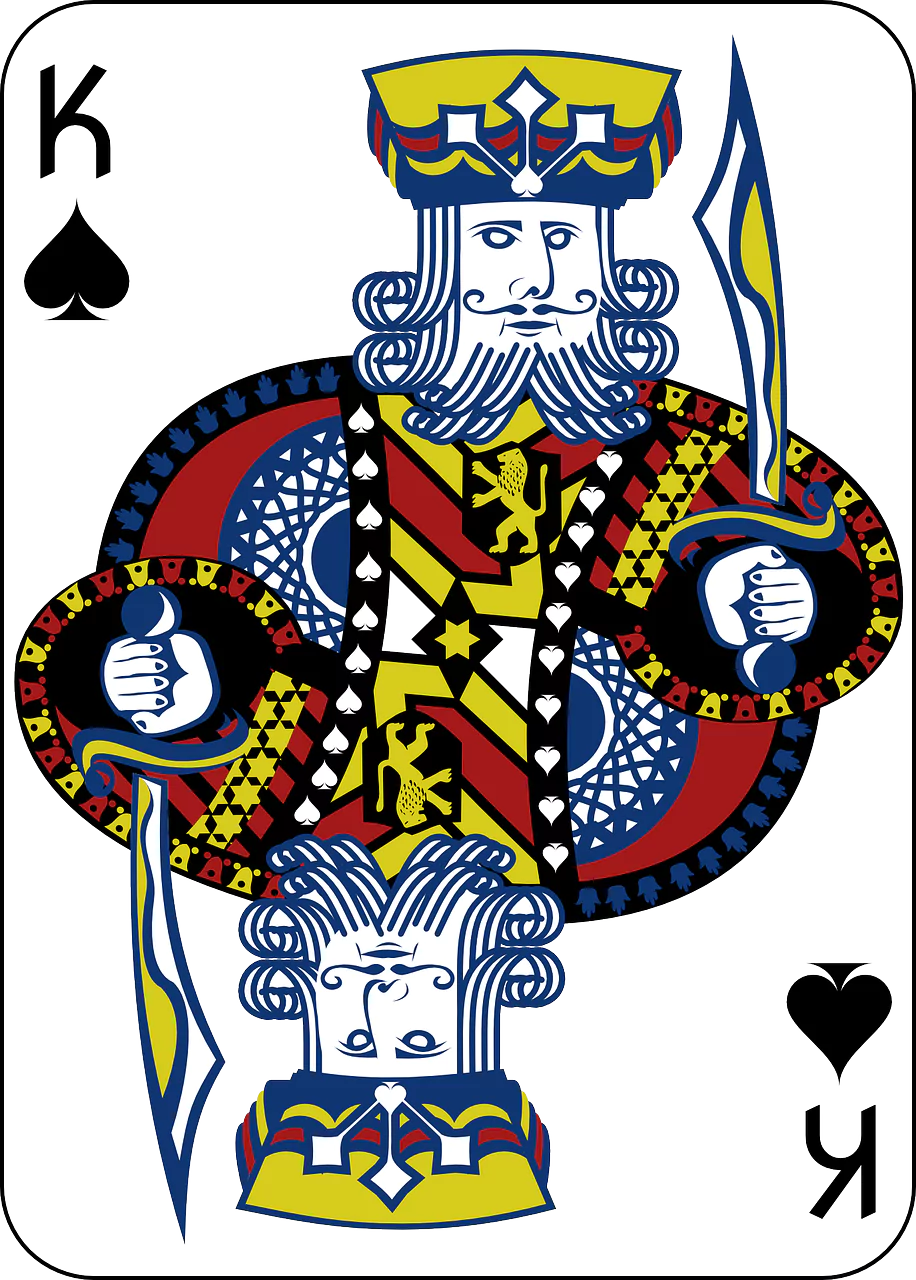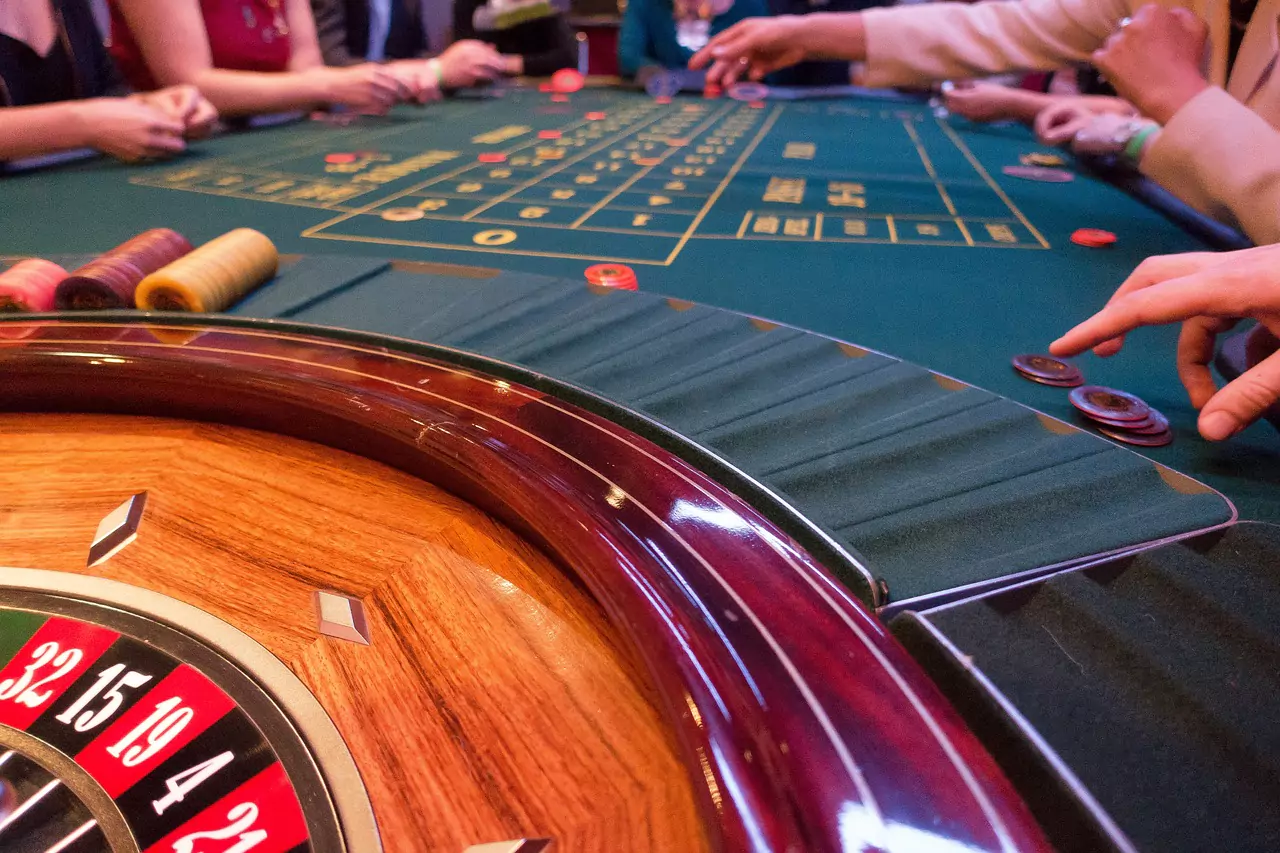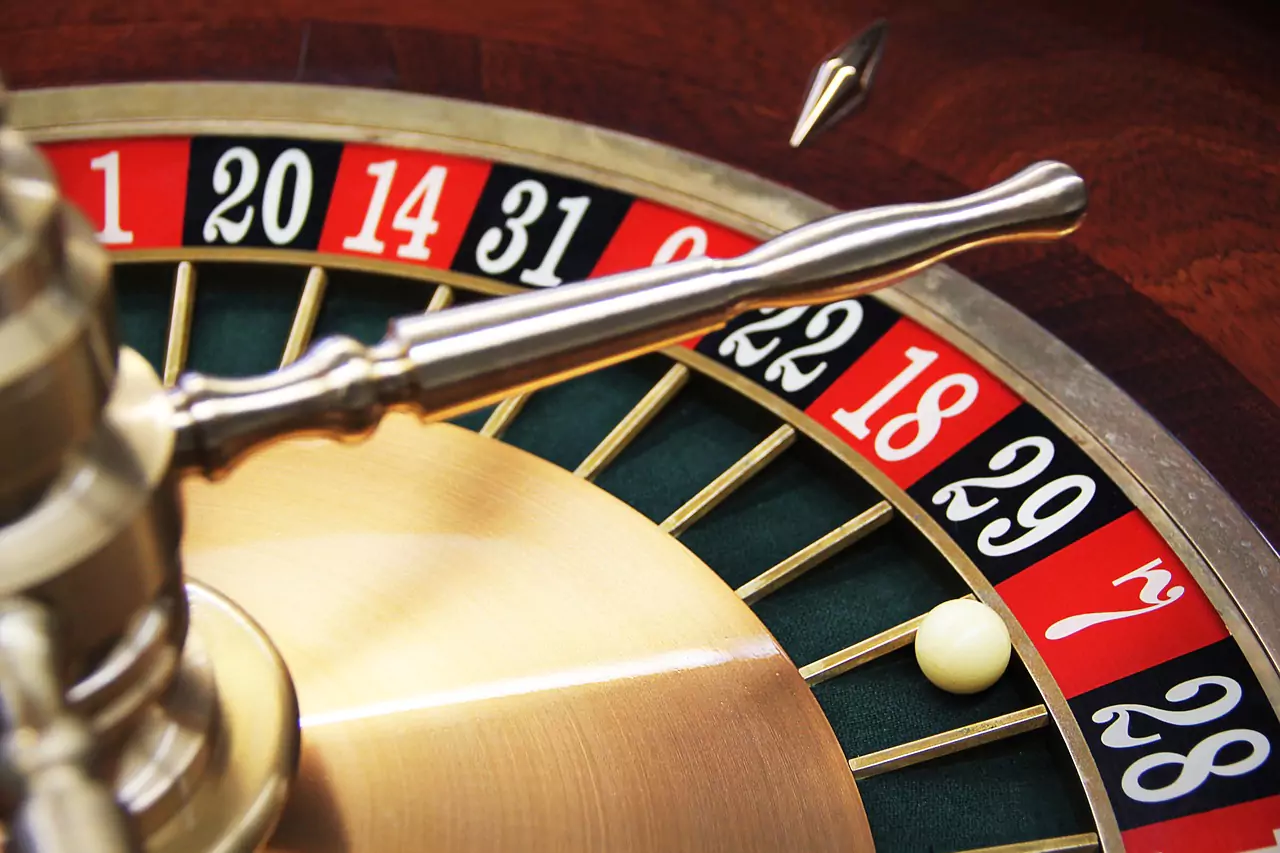In the unpredictable realm of poker, where fortunes can shift with the turn of a card, the term “Bad Beat” resonates as both a lament and a testament to the capricious nature of the game. A Bad Beat is not merely a losing hand; it is an emotional tempest that can shake even the most stoic of players to their core. Join us as we delve into the intricacies of a Bad Beat, exploring its definition, the emotional rollercoaster it entails, the strategic considerations that emerge, and the resilient spirit required to endure this turbulent journey at the poker table.
Defining the Unthinkable: What is a Bad Beat?
A Bad Beat in poker is more than a statistical anomaly; it’s a narrative of agony within the context of unexpected defeat. It occurs when a player, holding what is statistically a dominant hand, succumbs to an opponent who catches improbable cards on the turn and river, transforming the seemingly assured victory into a bitter loss.
The Emotional Rollercoaster: From Elation to Desolation
The journey of a Bad Beat is an emotional rollercoaster that transcends the mathematical probabilities of the game. Understanding the trajectory of emotions experienced during a Bad Beat is key to grasping its impact on players.
Elation and Confidence: A player enters a hand with a strong holding, aces perhaps, or an equally dominant hand. Confidence exudes, and visions of a substantial win dance in the mind. The atmosphere is charged with optimism and anticipation.
Shock and Disbelief: As the community cards are revealed, the narrative takes an unexpected turn. A seemingly insurmountable lead begins to erode, and shock sets in. The player experiences a surreal moment of disbelief as the tables turn against them.
Anguish and Frustration: The anguish of a Bad Beat is visceral. It’s the realization that victory was within grasp, only to be cruelly snatched away by an improbable sequence of events. Frustration mounts as the player grapples with the cruel irony of the outcome.
Reflection and Self-Doubt: In the aftermath, players often engage in introspection. Was there a different way to play the hand? Could the Bad Beat have been avoided? Self-doubt creeps in as the player wrestles with the aftermath of the emotional storm.
Strategic Considerations: Navigating the Aftermath of a Bad Beat
Beyond the emotional tumult, a Bad Beat prompts a reevaluation of strategic choices. Understanding the impact of a Bad Beat on subsequent play is essential for players looking to rebound.
Maintaining Composure: In the wake of a Bad Beat, maintaining composure is a strategic imperative. Tilt, a state of emotional distress leading to suboptimal decisions, becomes a lurking adversary. Successful players recognize the emotional toll, take a deep breath, and reset their mental state.
Adaptation and Flexibility: A Bad Beat may prompt opponents to adjust their strategies. Players should be attuned to shifts in dynamics, recognizing that others may perceive vulnerability or tilt. Adapting to the evolving atmosphere is crucial to regaining control at the table.
Capitalizing on Opportunities: The aftermath of a Bad Beat often creates opportunities. Opponents, buoyed by their unexpected triumph, may become overconfident. Savvy players seize the moment to exploit potential weaknesses and reclaim lost ground.
Mindful Decision-Making: The reflective period following a Bad Beat is an opportune time for mindful decision-making. Rather than dwelling on the past, players can channel the lessons learned into making informed and strategic choices in subsequent hands.
Resilience and the Poker Spirit: Rising from the Ashes
The essence of poker lies not only in strategic prowess but also in resilience—the ability to bounce back from adversity. A Bad Beat is a test of this resilience, challenging players to summon the indomitable spirit that defines the true poker enthusiast.
Embracing Variance: Poker is a game of variance, where the unexpected is a constant companion. Embracing this inherent variability is a cornerstone of resilience. Understanding that Bad Beats are an unavoidable part of the poker journey helps players weather the storm.
Learning and Growth: Every Bad Beat is an opportunity for learning and growth. It prompts players to scrutinize their decisions, identify potential areas for improvement, and refine their strategic approach. The lessons gleaned from adversity contribute to the evolution of a player’s skillset.
Forging Mental Toughness: Enduring a Bad Beat forges mental toughness. The ability to navigate the emotional turbulence, refocus on the game at hand, and persevere in the face of setbacks is a hallmark of a resilient poker player.
Cultivating a Long-Term Perspective: A Bad Beat is a mere chapter in the larger narrative of a poker journey. Cultivating a long-term perspective allows players to transcend the transient frustrations of individual hands and stay committed to the pursuit of mastery over time.
Community and Camaraderie: Shared Bonds in Bad Beats
In the communal realm of poker, Bad Beats become shared experiences that bind players together. The empathy exchanged at the table, the nods of understanding, and the collective acknowledgment that Bad Beats are an inescapable aspect of the game create a unique camaraderie among players.
Shared Narratives: Players often share their own Bad Beat stories, creating a collective tapestry of shared narratives. The retelling of these tales serves not only as a form of catharsis but also as a reminder that everyone, regardless of skill level, has tasted the bitterness of a Bad Beat.
Empathy and Sportsmanship: Witnessing a fellow player endure a Bad Beat elicits empathy and sportsmanship. A nod of acknowledgment, a consoling word, or a shared smile communicates an unspoken understanding of the emotional rigors inherent in the game.
Conclusion: Beyond the Bad Beat, the Poker Odyssey Continues
While a Bad Beat may momentarily cast a shadow on the poker tableau, it is but a fleeting storm in the larger odyssey of the game. Players who navigate the emotional turbulence, learn from the experience, and embrace the resilience required in the face of setbacks emerge stronger and more seasoned in their poker pursuits. The Bad Beat becomes not a conclusion but a stepping stone in the ongoing narrative of the poker journey—a journey defined by its highs, lows, and the indomitable spirit of those who continue to embrace the cards, come what may.


